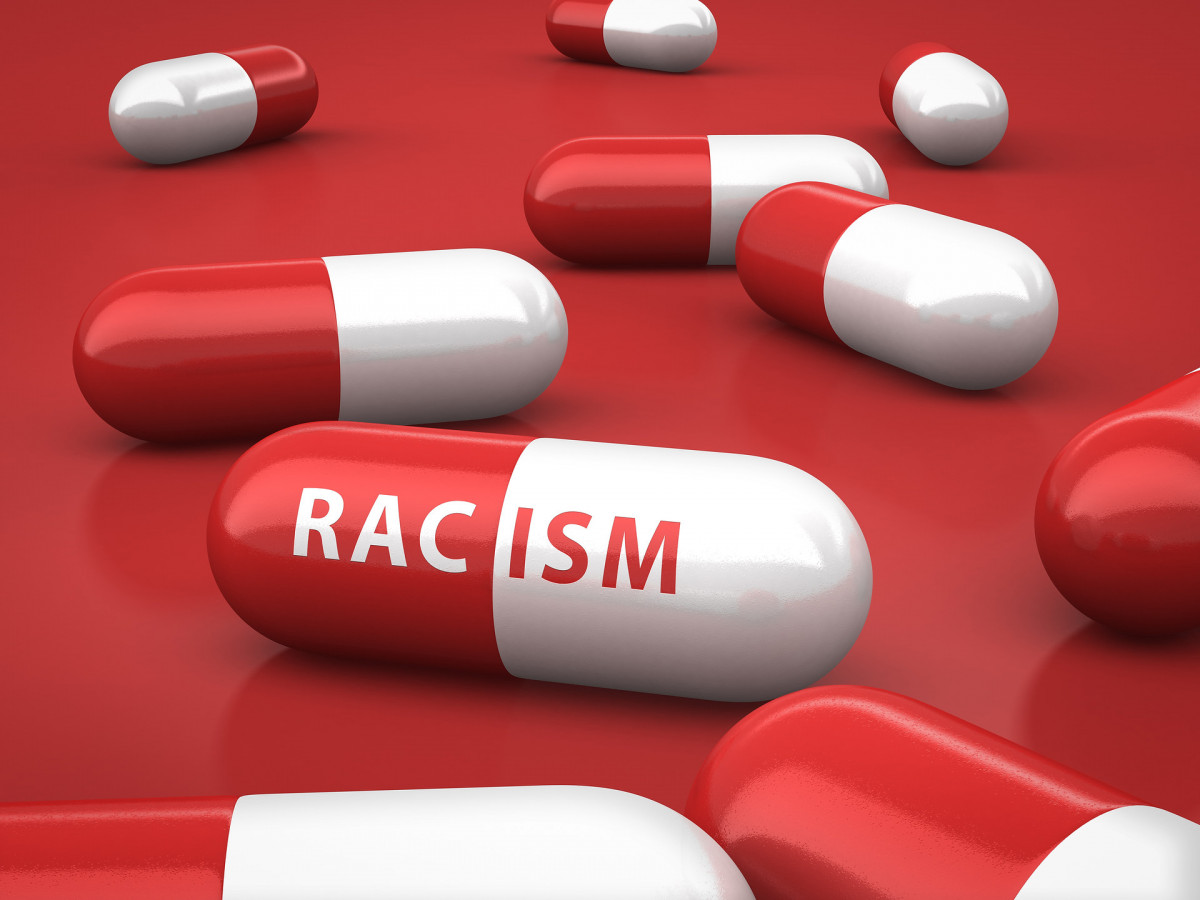April 20, 2018

Submitted by Melanie Funchess, on behalf of the African American Health Coalition
“Of all forms of inequity, injustice in health care is the most shocking and inhuman.”
— Martin Luther King, Jr., National Convention of the Medical Committee for Human Rights, Chicago, 1966
One of the most intimate relationships people can have, outside of their family, is with their doctor. As patients in the health care system, people share some of their most personal information so their physician has all the information necessary to make the best decisions about their care. This relationship is dependent upon the doctor seeing the patient as an individual. For many people of color, this is often not the case.
There is growing evidence showing that “implicit bias” among health care professionals can lead to unequal treatment of patients based on race. This unequal treatment can result in care decisions with poor outcomes.
What is implicit bias?
According to the Kirwan Institute, implicit bias refers to the attitudes or stereotypes that affect our understanding, actions, and decisions in an unconscious manner. These biases take place involuntarily and without an individual’s awareness or intentional control.
Associations we make and thoughts we have in our subconscious cause us to have feelings and attitudes about other people, based on characteristics such as race, ethnicity, age and appearance. These thoughts and associations develop over the course of a lifetime, beginning at a very early age, through exposure to direct and indirect messages. In addition to early life experiences, the media and news programming are often-cited origins of implicit associations.
How does this affect your health?
A 2011 study concludes that racism can interact with cognitive biases to affect clinicians’ behavior and decisions, and, in turn, patient behavior and decisions (e.g., higher treatment dropout, lower participation in screening, avoidance of health care, delays in seeking help and filling prescriptions, and lower ratings of health care quality). This implicit bias indicates many health care providers have associations related to people of color that can lead to inequitable care.
Consider a few real-world examples of implicit bias’ impact on health:
- Black women are more likely to die after being diagnosed with breast cancer;
- Non-white patients are less likely to be prescribed pain medications;
- Black men are less likely to receive chemotherapy, and radiation therapy for prostate cancer, and more likely to have testicles removed; and patients of color are more likely to be blamed for being too passive about their health care.
- What can we do?
Our community needs to understand the devastating impact that implicit bias and racism has on people’s health. Health care providers must better recognize their implicit biases, and how they can result in unequal treatment of their patients.
The African American Health Coalition is working to educate the community about implicit bias, and why it must be eliminated from health care treatment decisions. Because implicit biases are learned behaviors – like any learned behavior – they can be “unlearned.”
Melanie Funchess is director of community engagement at the Mental Health Association. A member of the African American Health Coalition, which is convened by Common Ground Health, she is an advocate for health care reform and for addressing health care disparities for people of color.
This post originally appeared in the Minority Reporter and is reprinted online with permission.

